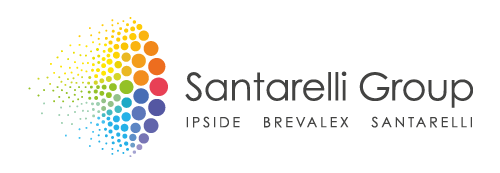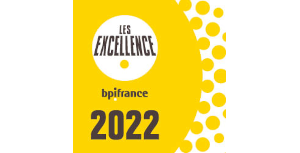In today’s business landscape, intellectual property (IP) serves as a cornerstone for securing the commercial activities of numerous companies, particularly tech startups and SMEs, where IP often represents a substantial portion of intangible assets.
Since 2023, artificial intelligence (AI) has experienced tremendous growth, particularly with the rise of generative AI, which is redefining the boundaries of multiple industries and profoundly impacting society. As a key player in technological evolution, generative AI fundamentally transforms content creation across fields such as art, music, and literature. This advancement presents major challenges, especially in terms of copyright and information reliability, while also offering new opportunities for entrepreneurs.
Introduction to Intellectual Property
Intellectual property comprises several categories: patents, trademarks, copyrights, and designs. While patents protect technical inventions, trademarks safeguard the commercial identity of products or services. Copyright, in turn, protects original works, including software and user interfaces.
Contrary to some misconceptions, software can be patented under certain conditions. For instance, in Europe, a patent may be granted for a computer-implemented process if it solves a genuine technical problem.
The AI Market
The rise of AI is rapidly reshaping the business landscape. By 2030, the AI market is expected to grow by nearly 40%, with the United States as the largest market and the Asia-Pacific region as the most dynamic. This expansion brings both challenges and opportunities, particularly regarding AI regulation and IP protection.
According to a 2022 study, only 4% of global AI-related patents are European, compared to 31% for China and 38% for the United States, with China leading globally in this technology. This low percentage in Europe could be attributed to an economic lag behind America and China in AI, a lack of awareness about software patent protection among European entrepreneurs, or the complexities of obtaining AI patents before the European Patent Office.
Regulatory Challenges in AI
Companies face a complex regulatory framework. China, as early as 2017, launched a state-led AI development plan, while the United States favors a market-driven approach, as reflected in the 2023 "Executive Order on Safe, Secure and Trustworthy Artificial Intelligence." In Europe, since 2024, strict regulations known as the "AI Act" govern the use of AI, which may slow down certain business developments within the European territory.
Strategies for International Expansion
Before entering new markets, it is crucial for entrepreneurs to ensure their IP is available. This involves verifying the protection of their trademarks and patents in target countries to secure free exploitation. A thorough market analysis can help prevent legal disputes, as illustrated by the challenges Usain Bolt faced in France for his scooter service due to conflicts with an existing brand.
Transliteration and Brand Meaning Abroad
Entering a foreign market requires careful consideration of the meaning, or even the transliteration, of brands, especially in Asia. For example, a cosmetics brand had to adapt the transliteration of its name in China to avoid negative connotations. Paying similar attention to the meanings of names in different languages and cultures is essential before investing in an international market.
The Role of AI in Intellectual Property
AI has significant potential in IP management. It facilitates patent mapping, helping companies navigate the extensive existing base through technological similarity searches. AI algorithms can also more effectively identify counterfeits by analyzing images and comparing products across markets.
Conclusion
In conclusion, mastering intellectual property is essential for securing a company’s international development. Artificial intelligence represents a valuable asset, helping companies monitor markets and conduct risk analyses. Taking the necessary steps to anticipate international expansion through relevant IP checks can help avoid many complications. Santarelli is available to support and advise entrepreneurs in these complex processes.













